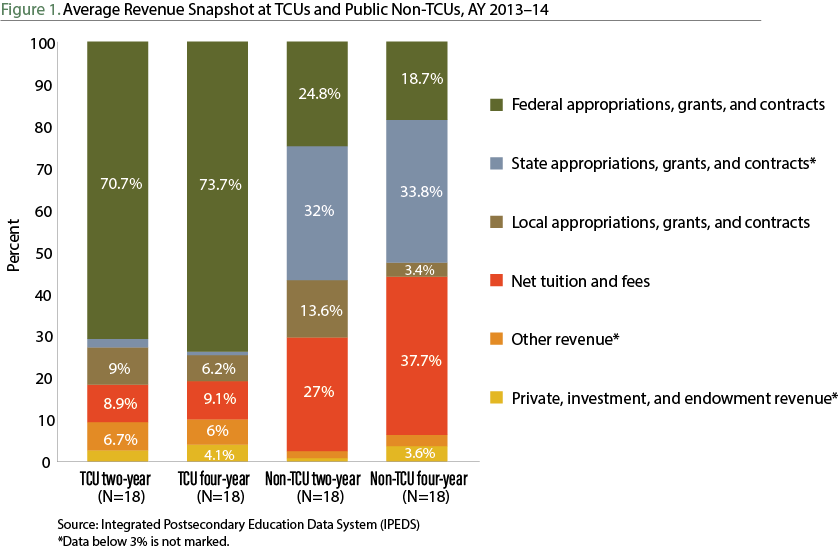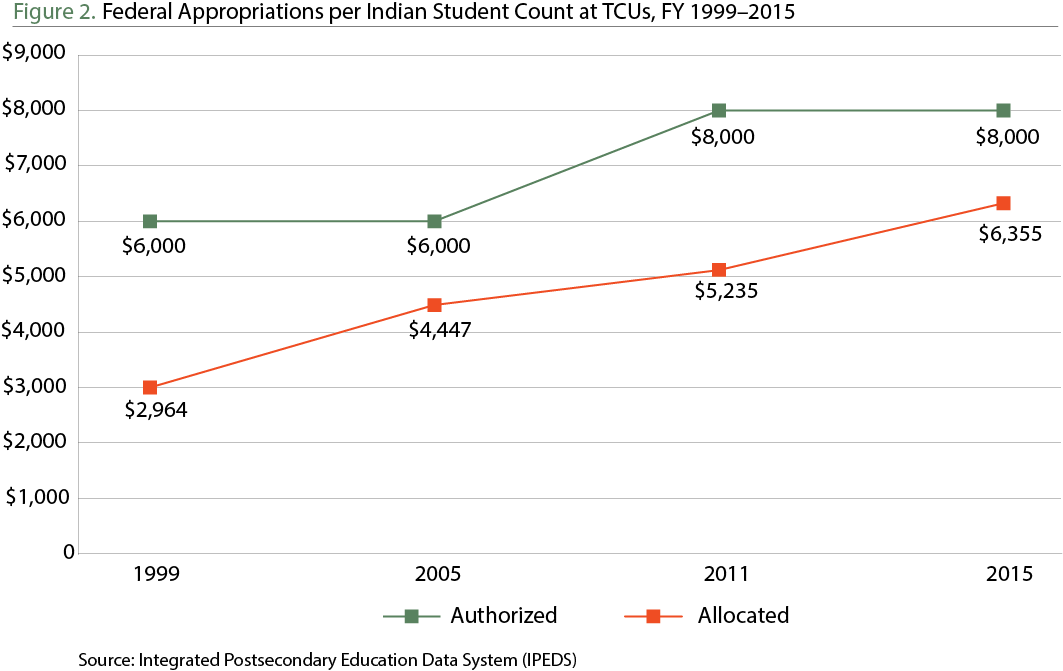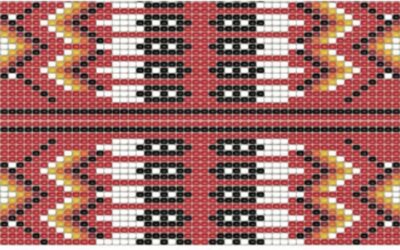A treaty represents your rights, not your privilege:
For most Americans, education is seen as a personal choice, an opportunity that students pursue through state and private institutions. But for Native nations, education is something more: it is a treaty right – a promise made by the U.S. government in exchange for land and peace. The federal government is obligated to provide an education to members of federally recognized tribes in the US. So, Tribal education is not just about learning; it is about upholding commitments made by the federal government to Indigenous peoples.
For centuries, Native communities have fought for educational systems that do not erase their identities, histories, and languages. From the days of government-run boarding schools designed to strip away Native culture, to today’s fight for adequate funding for Tribal Colleges and Universities (TCUs), the struggle for Native education has always been about more than access – it has been about sovereignty, survival, and self-determination.
The Unique Role of Tribal Colleges and Universities (TCUs)
Unlike mainstream institutions, TCUs are more than just schools – they are the very backbone of Native communities. Located in rural and often underserved areas, TCUs provide not only higher education but also essential community services, including childcare, workforce training, language preservation programs, and economic development initiatives. They serve Native and non-Native students alike, offering culturally relevant curriculum that incorporates Indigenous knowledge and traditions alongside academic and vocational training.

But unlike state colleges, TCUs receive very little, if any, state funding. Instead, they rely heavily on discretional federal funding, which is constantly at risk due to budget cuts and shifting political priorities. This places TCUs in a precarious position, making them highly vulnerable to federal policies that reduce or eliminate crucial funding streams.
Why Federal Support Matters More for TCUs Than Other Institutions
TCUs receive a disproportionately high percentage of their funding from federal sources compared to mainstream colleges and universities. While public universities receive funding from state appropriations, the TCU funding structure rests on programs such as:
- Tribal College funding from the U.S. Department of Education
- Title I, III, and VI funding designated for minority-serving institutions
- Bureau of Indian Education (BIE) support
- Pell Grants and other federal aid
Despite these commitments, historically TCUs have never received the full amount of funding authorized by Congress. On average, TCUs have received anywhere from 25% to 50% less funding per student than what Congress approved. While this gap was closed during the Biden administration, it is at risk under the new administration.

TCUs also serve non-Native students, providing education and workforce training to rural communities that often lack other higher education options. The federal government does not provide any additional funding for non-Native students attending TCUs, which stretches already-limited resources even thinner. 1 in 4 TCUs has a student body of more than 20% non-Native students – students who receive the benefit of each TCU’s commitment to providing the best experience they can to all who seek education, despite the lack of governmental support.







